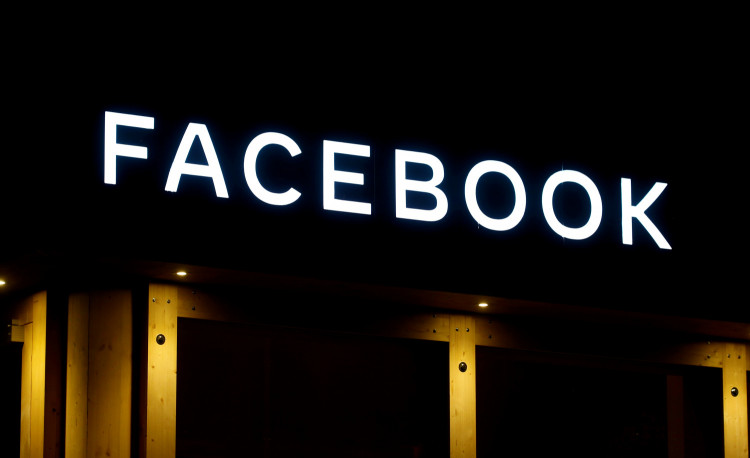Pangolins and pangolin parts are being sold on Facebook in spite of the social network's guidelines that prohibit the sale of the endangered mammal.
Also called scaly anteaters, pangolins are often hunted for their scales and meat. National and international laws protect all eight species of pangolin as widespread poaching has landed two of the species on the critically endangered list.
Facebook's community standards forbid content that encourages the trade of endangered species or their parts. But somehow, poachers have slipped through the cracks and have created pages that offer pangolins and pangolin scales for sale, as pointed out by the Tech Transparency Project.
According to the African Wildlife Foundation (AWF), as many as 2.7 million African pangolins are killed each year. Their scales are being used in traditional Chinese medicine as a supposed cure for different kinds of illnesses, including cancer and arthritis.
A Facebook page called "Pangolin" that the creator categorized as an "Animal Rescue Service" is selling oils derived from the mammal sold oils derived from the mammal. Other page creators categorized themselves as zoos, such as "Rhino Horns and Pangolin scales for sale in China" and "Pangolin Scales for Sale in Vietnam."
In an interview with Newsweek, a spokesperson for Facebook reiterated that the company prohibits the sale of endangered wildlife or their parts.
The United Nations Office on Drugs and Crime (UNDOC) says that pangolins don't pose an immediate threat to human life when left in their natural habitat. However, illegal sales make them a potential health hazard because it's possible these animals were a carrier of the coronavirus that has infected more than 3 million people across the globe.
UNDOC understands that the priority of many people today is to get through the pandemic, but the organization wants people to know that there's very little we know about COVID-19 and stopping the illegal trade of pangolins and other exotic animals may be a crucial step to prevent public health emergencies in the future.
Facebook has already removed two pages selling pangolin parts to stop the public from trading endangered animals freely.
The Coalition to End Wildlife Trafficking Online was created by the WWF in partnership with technology, e-commerce, and social media companies in 2018 to reduce wildlife trafficking online. The coalition has since reduced the illegal activity by 80% as of 2020.
In March, the group reported that it has blocked more than 3 million listings of illegal wildlife trade online.






